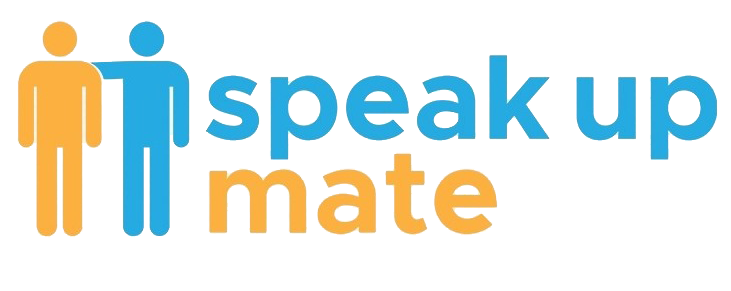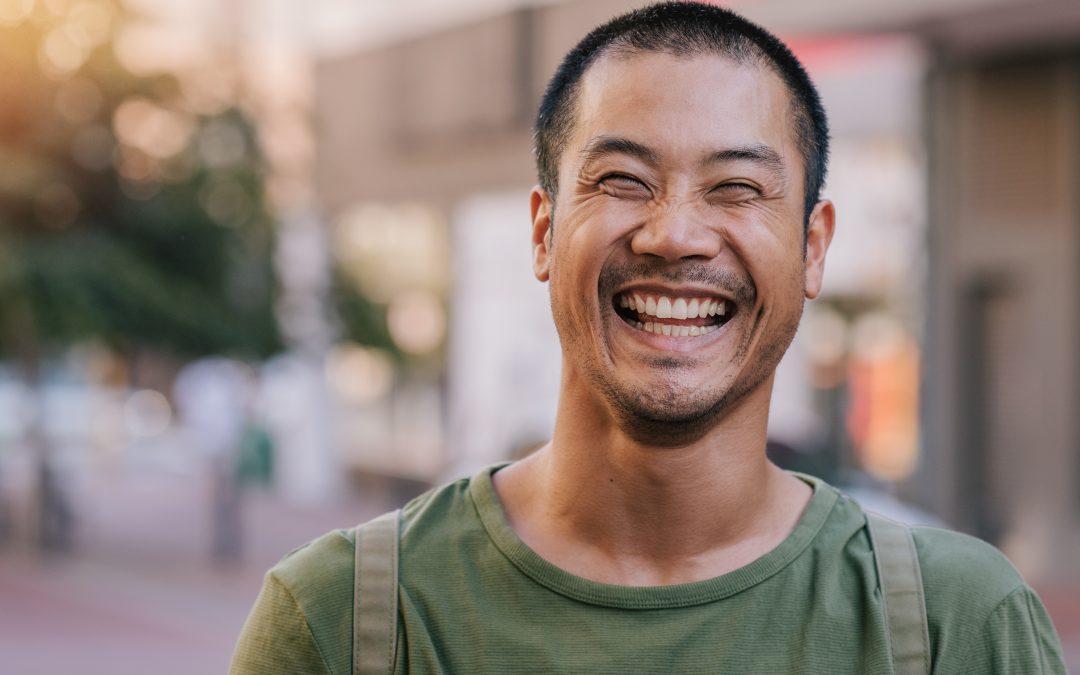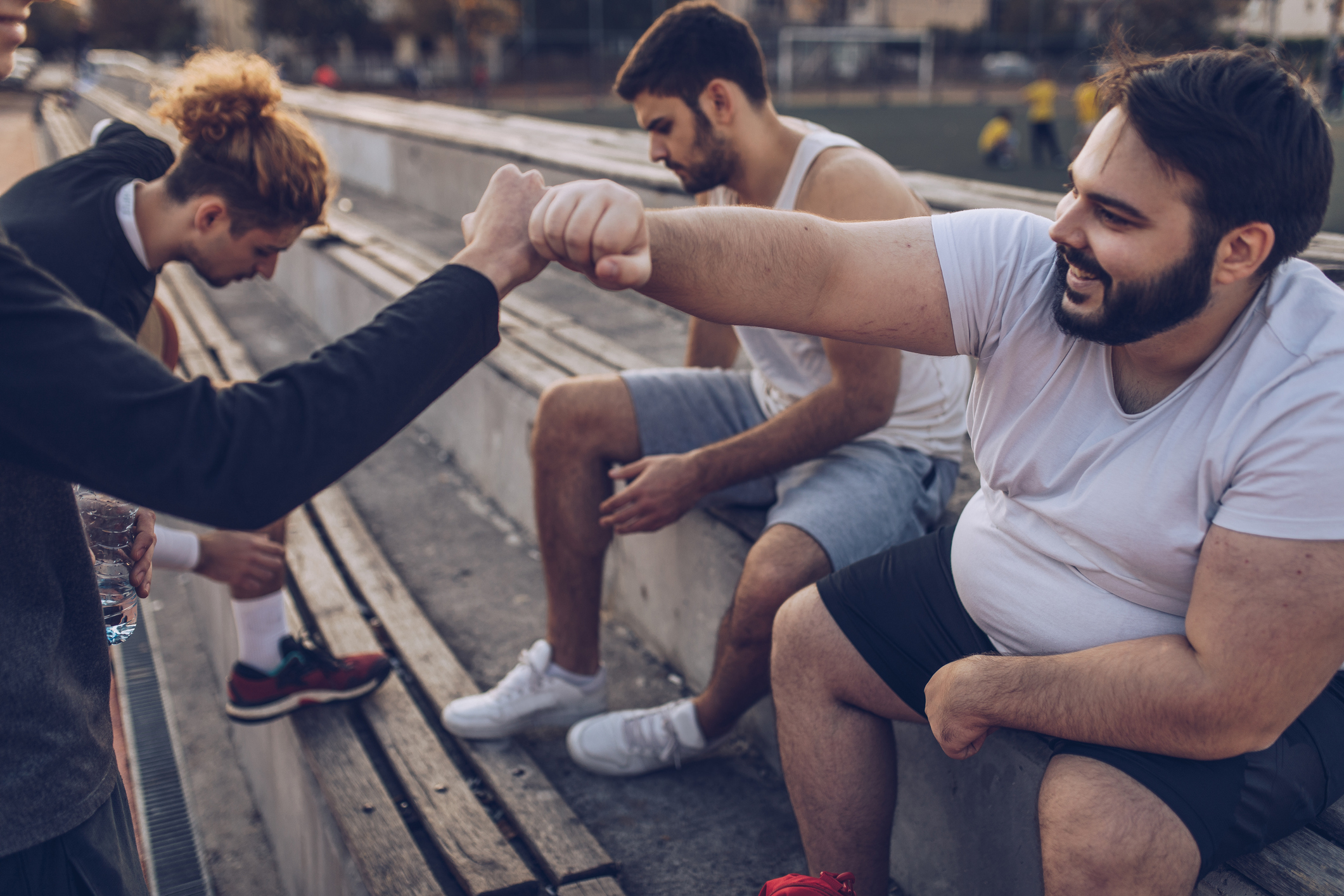
The World Health Organization defines Mental Health this way.
“a state of well-being in which the individual realizes his or her own abilities can cope with the normal stresses of life, can work productively and fruitfully, and is able to make a contribution to his or her community”.
According to WHO, mental health includes “subjective well-being, perceived self-efficacy, autonomy, competence, intergenerational dependence, and self-actualization of one’s intellectual and emotional potential, among others”. From the perspectives of positive psychology or of holism, mental health may include an individual’s ability to enjoy life and to create a balance between life activities and efforts to achieve psychological resilience.”
In the mid-19th century, William Sweetser was the first to coin the term mental hygiene, which can be seen as the precursor to contemporary approaches to work on promoting positive mental health. Isaac Ray, the fourth president of the American Psychiatric Association and one of its founders, further defined mental hygiene as “the art of preserving the mind against all incidents and influences calculated to deteriorate its qualities, impair its energies, or derange its movements”.
So, in simple terms, we see ‘Mental Health’ as staying sane and balanced and having a positive attitude towards ourselves as individuals, with each other and toward those who are part of our social lives.
And how do we do that?
We are called, ‘Speak Up Mate’ for a reason. We come together to share our stories, to build each other up, show responsibility, support and educate each other, to be mates in a real sense.
Some quotes from, https://mentalhealthmatch.com/
“I found that with depression, one of the most important things you can realize is that you’re not alone. You’re not the first to go through it, you’re not gonna be the last to go through it,” — Dwayne “The Rock” Johnson
“There is hope, even when your brain tells you there isn’t.” ― John Green
“Life doesn’t make any sense without interdependence. We need each other, and the sooner we learn that, the better for us all.” — Erik Erikson
Getting Help:
See your GP for a mental health care plan, you will be entitled to free psychology sessions.
counselling service with men’s line on 1300 78 99 78
In crisis:
Call Lifeline on 13 11 14, their service is invaluable in finding some support during a crisis.
Call an ambulance if someone is in danger to themselves.
Author:
Eric (Volunteer)



Recent Comments